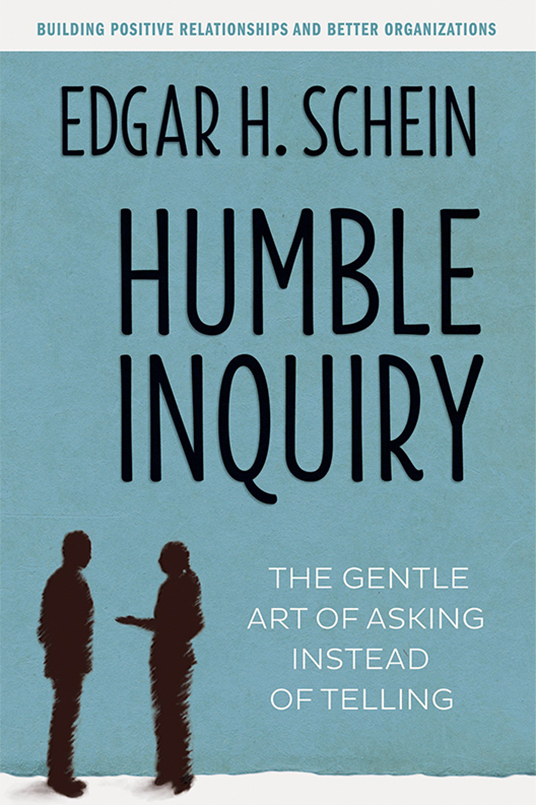“Big people monopolize listening, small people monopolize speaking.”
A short and easy read that will help you develop the mindset of thinking about the others first. Of asking instead of telling.
Flow: 5/5, can be read in a couple of days.
Actionability: 4/5, has a lot of specific steps, and questions at the end of each section, that will help you transform the knowledge into power by putting it in action.
Mindset: 5/5, this book will change the way you think about “effective communication” and building meaningful relationships.
Some Of My Highlights:
-
“The answer runs counter to some important aspects of U.S. culture – we must become better at asking and do less telling in a culture that overvalues telling.”
-
“…what builds a relationship, what solves problems, what moves things forward is asking the right questions.”
-
“The missing ingredients in most conversations are curiosity and willingness to ask questions to which we do not already know the answer.”
-
“For everyone to do their part appropriately requires good communication; good communication requires building a trusting relationship; and building a trusting relationship requires Humble Inquiry.”
-
“Telling puts the other person down. It implies that the other person does not already know what I am telling and that the other person ought to know it… On the other hand, asking temporarily empowers the other person in the conversation and temporarily makes me vulnerable.”
-
“Humble Inquiry is investing by spending some of my attention up front.”
-
“This form os asking shows interest in the other person, signals a willingness to listen, and thereby, temporarily empowers the other person.”
-
“Unfortunately people often would rather fail than to admit their dependency on someone else.”
-
“It is precisely my temporary subordination that creates psychological safety for you and, therefore, increases the chances that you will tell me what I need to know and help me get the job done.”
-
“Humble Inquiry is the skill and the art of drawing someone out, of asking questions to which you do not already know the answer, of building a relationship based on curiosity and interest in the other person.”
-
“When the choice is between you or me, look for a way to explore us, the relationship itself.”
-
“Don’t jump in telling answers until you know what the other person really needs to know. Don’t assume that the person with the question has asked the right question.”
-
“Asking for examples is not only one of the most powerful ways of showing curiosity, interest, and concern, but also – and even more important – it clarifies general statements.”
